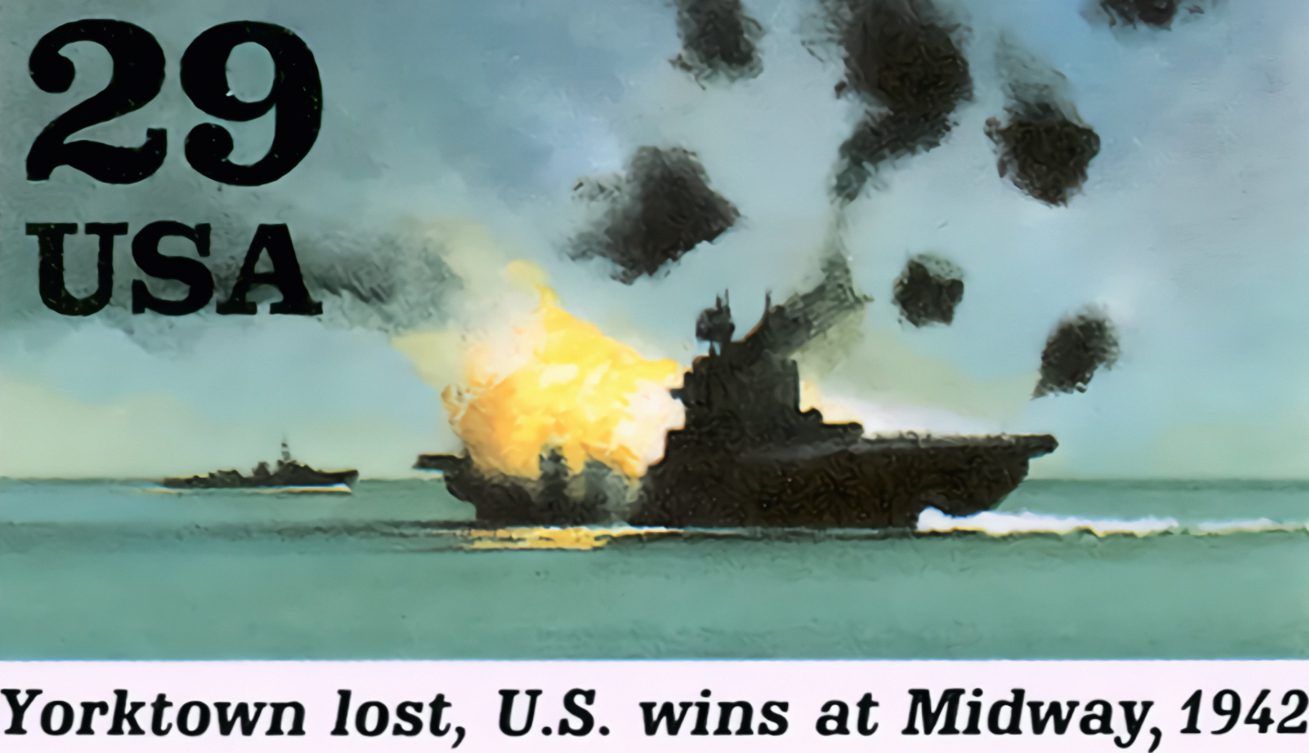Battle of Guam
On July 21, 1944, US troops landed on Guam, initiating a three-week battle to recapture the island. Today, the people of Guam celebrate July 21 as Liberation Day.

On July 21, 1944, US troops landed on Guam, initiating a three-week battle to recapture the island. Today, the people of Guam celebrate July 21 as Liberation Day.

On July 9, 1944, American troops claimed victory after a three-week battle on Saipan. Having broken through the Japanese defenses, this enabled the US to launch strategic bombing campaigns.

On June 21, 1788, New Hampshire became the ninth state to ratify the United States Constitution. New Hampshire’s approval of the document put the Constitution into effect and officially made it the United States of America’s ninth state.

On June 15, 1836, Arkansas was admitted as the 25th state of the Union. Statehood was hotly debated for 25 hours before being approved and signed into law by President Andrew Jackson.

On June 7, 1942, the Allies won the Battle of Midway in the Pacific, turning the tide of the war. It’s been called “the most stunning and decisive blow in the history of naval warfare.”

On May 20, 1950, the US first celebrated Armed Forces Day. Armed Forces Day is celebrated on the third Saturday in May, near the end of Armed Forces Week.

On May 15, 1942, the Women’s Army Auxiliary Corps (WAAC) was established. The women of the WAAC filled important noncombatant jobs, freeing up thousands of men for combat.

On May 3, 2000, the USPS issued the first stamps in the Distinguished Servicemen Series. These stamps were intended as a tribute to all servicemen, not just the soldiers they pictured.

On April 18, 1942, Jimmy Doolittle led a daring raid against the Japanese in retaliation for the attack on Pearl Harbor.